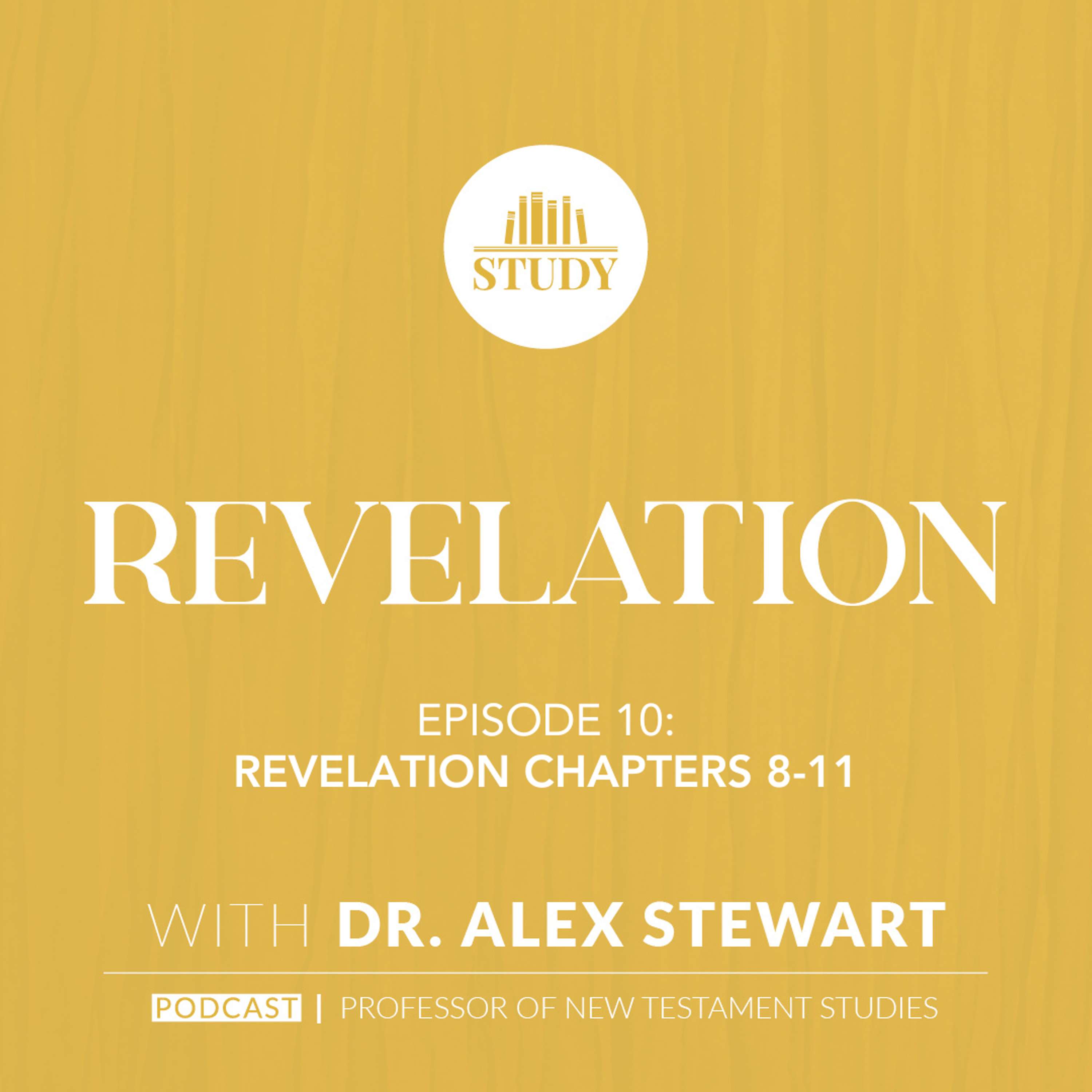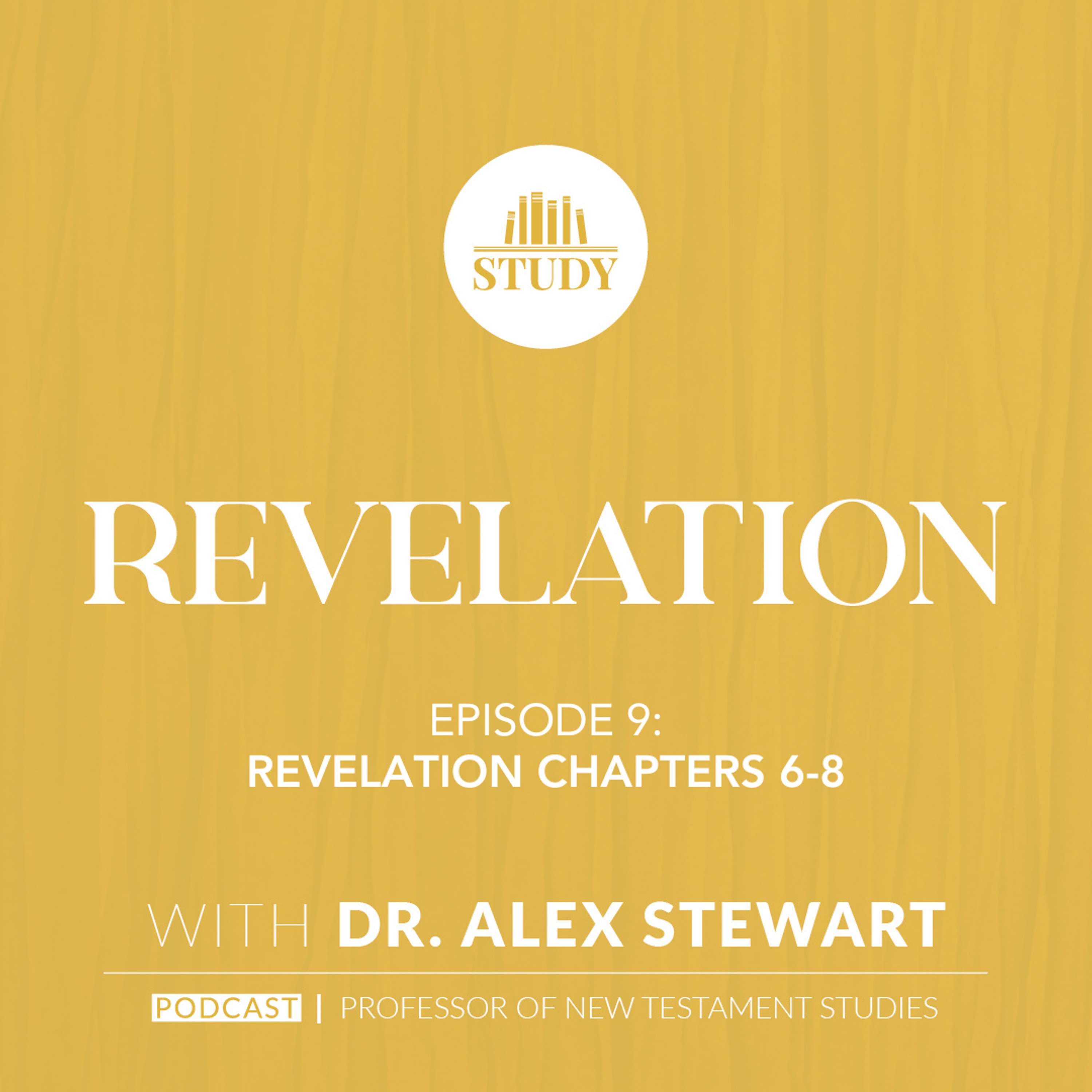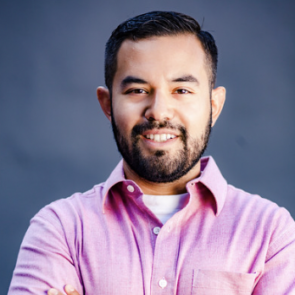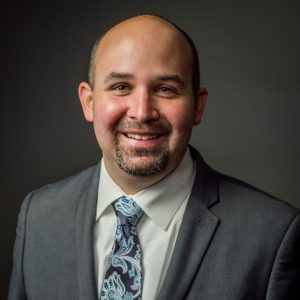As Americans, even as American Christians, we think too much of ourselves and too much about ourselves and the problems in our culture. We are part of a global/eternal movement and maintaining a global/eternal perspective is essential to our spiritual well-being, as well as for the good of our mission.
We tend to focus on whatever is trending on social media, mistaking marketing hype for genuine significance. We celebrate and commemorate supposedly significant actions confronting current problems to satisfy a virtue-signaling sense of justice—usually meaning something which can be protested without too much personal cost. We do this while ignoring horrific problems with global implications.
For example, several American companies are currently making statements about voting rights legislation in Texas and Georgia. Voting rights, giving people a voice in how they are governed, is an important issue. But if it is so important to these companies, why don’t they do more than issue statements? Why not take real action and stop doing business where the problem of denying human rights is costing people their lives?
Right now, Uighur women are being arrested, imprisoned, tortured, forcibly sterilized, raped, and gang-raped in what the Chinese government calls “education camps.” Credible news agencies, both in the United States and internationally, have reported these crimes against humanity. The U. S. government has righty started confronting these atrocities. It’s about time since the U. S. State Department now agrees there are more than 2 million Uighur in these camps.
According to British sources, China is running the largest ethnic cleansing operation since Nazi Germany. And, in light of recent protests in American, remember these are Asian women! Yet, American companies continue to fly planes, sell beverages, and market sports in China without protesting these atrocities.
God has called us to be part of his global family. Our evaluation of the scope of any problem must be in that context—with an eternal mindset. We must use work for real change—for us, that means getting the gospel to as many people as possible—on global/eternal issues that really matter. What is happening in Myanmar, Syria, Venezuela, and China right now are more consequential crises than many issues driven by American activists.
To help shape your global and eternal perspective, join us on April 9, 6:30 p.m. Pacific Time, for the third installment of our monthly Global Fridays program (you can RSVP here). We are spending 90-minutes hearing first-hand reports from around the world, considering how we can respond to the critical needs we discover, and praying for God’s kingdom to advance—particularly in places the name of Jesus has yet to be spoken.
May God give us an eternal perspective on his global mission!
Read More

Owning Up to the Failures of our Theological Heroes
What can be done when you discover the sins of historical figures who have shaped your theology?

Author’s Perspective: Andrew Fuller and the Search for a Faith Worthy of All Acceptation
Dr. David Rathel discusses his upcoming publication on Andrew Fuller.
Listen
Revelation Chapters 8-11
This episode covers the seven trumpets in Revelation chapters 8-11, emphasizing their role in the series of seven judgments. Dr. Stewart focuses on spiritual oppression and demonic activity, contrasting with the human-centric judgments of the seven seals.

Revelation Chapters 6-8
Dr. Stewart and Tyler discuss the symbolism of the seven seals in Revelation. The seals can range from Christ’s authority, to the Four Horsemen of the Apocalypse, to cosmic upheaval, to God’s final judgment, and more. Their conversation emphasizes the importance of pe

Watch

Jonathan Edwards and the Asbury Revival
Chris Chun and Chris Woznicki discuss the signs of true revival, signs of the work of the Holy Spirit, and why it is important to critically assess the characteristics of revival in a spirit of charity.

Jonathan Edwards and the Baptists | Douglas Sweeney, Nathan Finn and Chris Chun
Dr. Douglas Sweeney and Dr. Nathan Finn joined Dr. Chris Chun for a panel discussion on Jonathan Edwards, recorded live at the SBC Annual Meeting in Anaheim.




